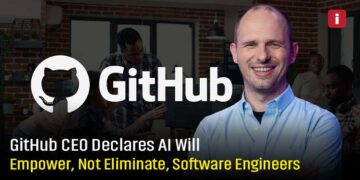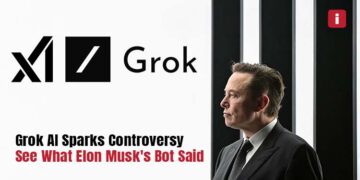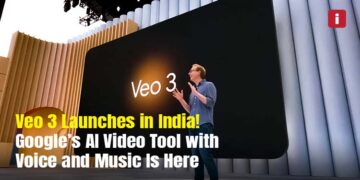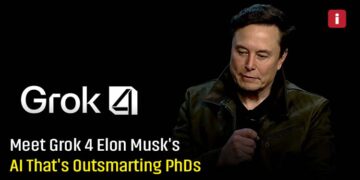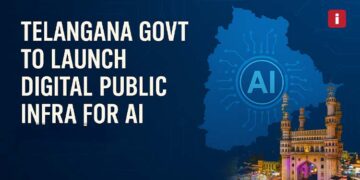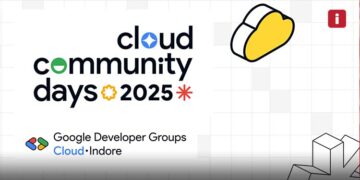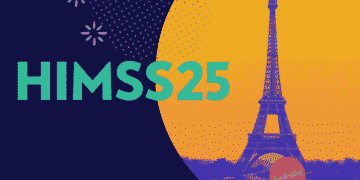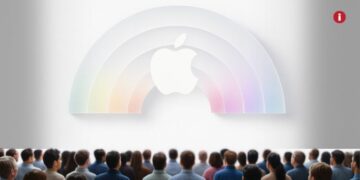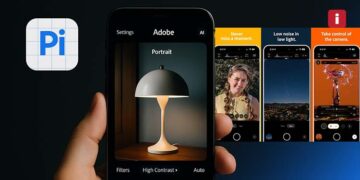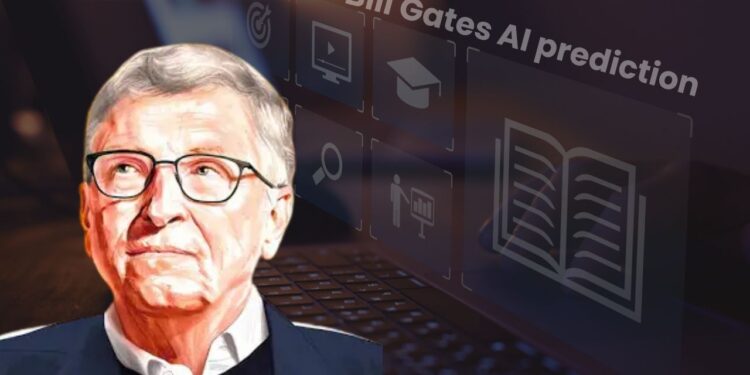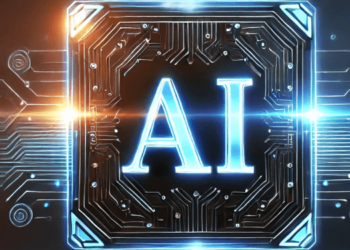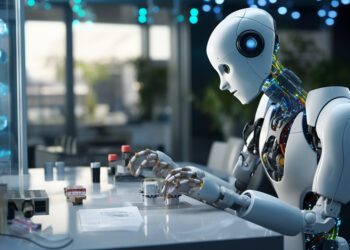Artificial intelligence is evolving at an unprecedented pace, reshaping industries and redefining the way we work, learn, and receive healthcare. Tech visionary and Microsoft co-founder Bill Gates has long been a proponent of AI’s potential, but in a recent interview on The Tonight Show with Jimmy Fallon, he made a bold prediction that caught many off guard: AI could soon replace doctors and teachers.
The AI Takeover: A Bold Prediction
During his conversation with Fallon, Gates asserted that AI will be capable of providing “great medical advice” and “great tutoring” for free within the next decade. He emphasized that expertise in medicine and education is currently rare and often inaccessible to many people worldwide. However, AI has the potential to democratize access to these critical services, making high-quality healthcare and education available to everyone, regardless of their geographic location or socioeconomic status.
The Future of Healthcare: AI as a Doctor?
The healthcare industry is already witnessing a significant AI-driven transformation. From AI-powered diagnostic tools to virtual health assistants, technology is playing a growing role in medical decision-making. Companies like Google DeepMind and IBM Watson Health are developing AI systems that can analyze medical records, detect diseases like cancer in early stages, and even suggest treatment plans.
But can AI truly replace human doctors? While AI is exceptionally efficient at processing vast amounts of data, diagnosing illnesses, and even performing robotic-assisted surgeries, it lacks the human touch—the empathy, intuition, and ethical decision-making that doctors bring to patient care. Gates’ prediction suggests that AI will not necessarily replace doctors entirely but will enhance and augment their capabilities, making healthcare more accessible and affordable.
The AI Tutor: A New Era in Education
Education is another sector on the brink of an AI revolution. Personalized learning platforms, AI-driven tutoring bots, and adaptive learning programs are already helping students grasp complex concepts at their own pace. Gates believes that in the near future, AI will provide world-class tutoring for free, leveling the playing field for students worldwide.
The potential benefits of AI in education are immense. Students can receive customized learning experiences, instant feedback, and access to a vast knowledge base tailored to their needs. However, the role of human teachers extends far beyond delivering lessons. Teachers mentor, inspire, and nurture creativity—qualities that AI, despite its intelligence, struggles to replicate.
Will AI Replace Humans or Work Alongside Them?
Gates’ prediction raises an important debate: Should we fear AI taking over jobs, or should we embrace it as a powerful tool that enhances human capabilities? The answer likely lies somewhere in between. AI is not here to eliminate doctors and teachers but to assist them in making their work more efficient, accurate, and widely accessible.
Rather than seeing AI as a threat, professionals in these fields can leverage it to automate routine tasks, provide better insights, and focus on the human aspects of their roles that AI cannot replicate. For instance, AI could handle administrative tasks in hospitals, freeing doctors to spend more time with patients. In classrooms, AI tutors could help students with basic learning, allowing teachers to focus on critical thinking and emotional development.
The Ethical and Social Challenges of AI Integration
While AI’s impact on healthcare and education is promising, it also brings ethical and societal challenges. How will AI handle sensitive medical decisions? Will AI-based education widen the digital divide for those without access to technology? Will we see an overreliance on AI-generated advice? These are just a few questions that need thoughtful discussion and regulation.
Final Thoughts
Bill Gates’ prediction is not just a glimpse into the future but a call to action. AI is coming, and it will reshape industries in ways we are only beginning to understand. Rather than resisting this change, we must adapt, ensuring that AI serves as a force for good—enhancing human lives rather than replacing human expertise.
Doctors and teachers may not disappear, but their roles will undoubtedly evolve. The key to navigating this transformation lies in finding the right balance between human intelligence and artificial intelligence, leveraging technology to empower rather than replace. The next decade will be crucial in determining how we integrate AI into our most vital professions—are we ready for the challenge?

